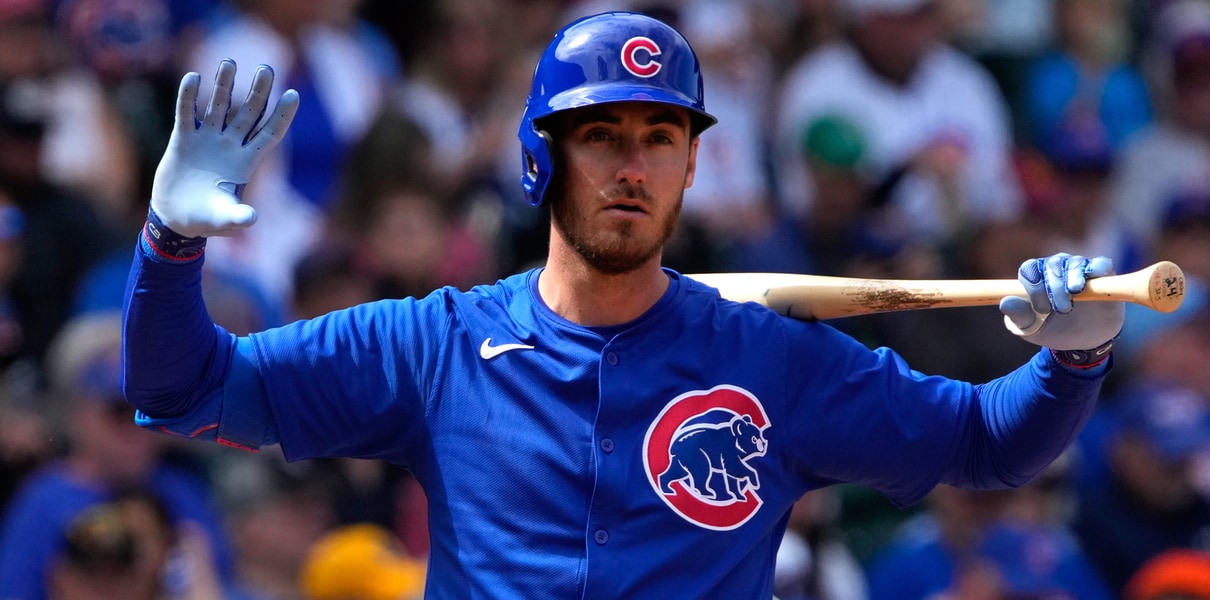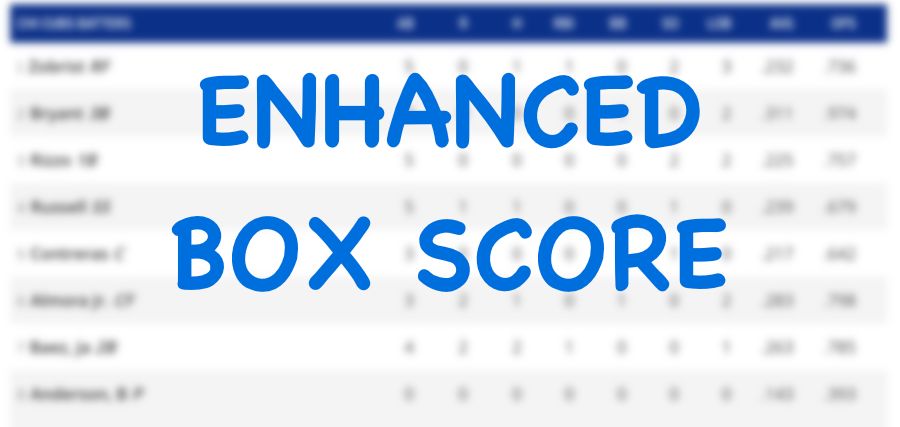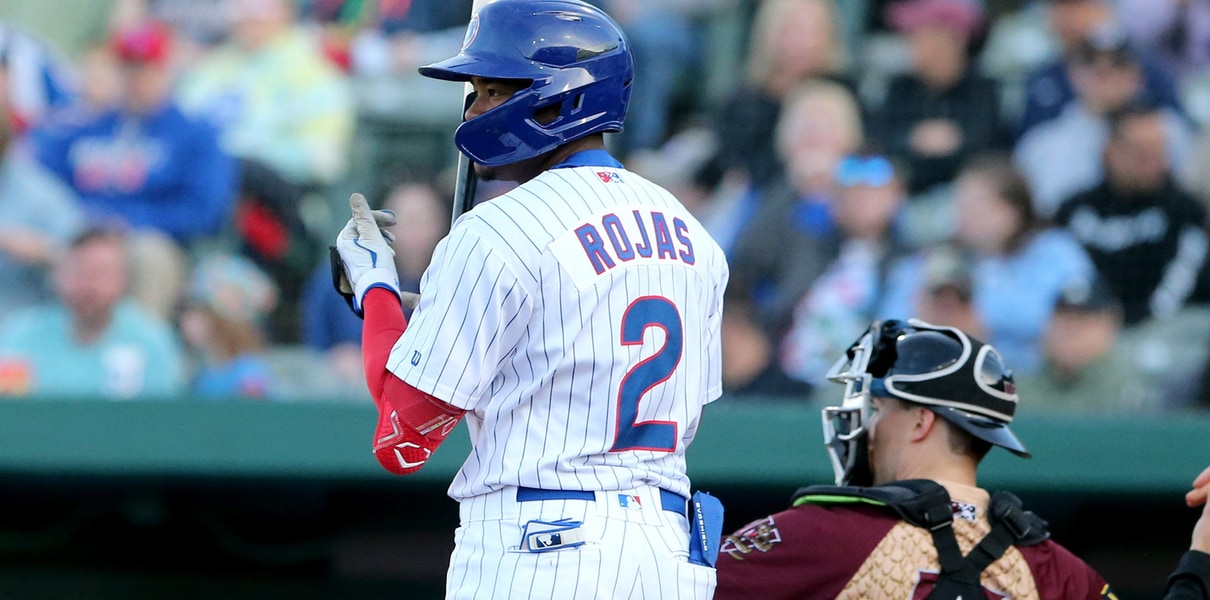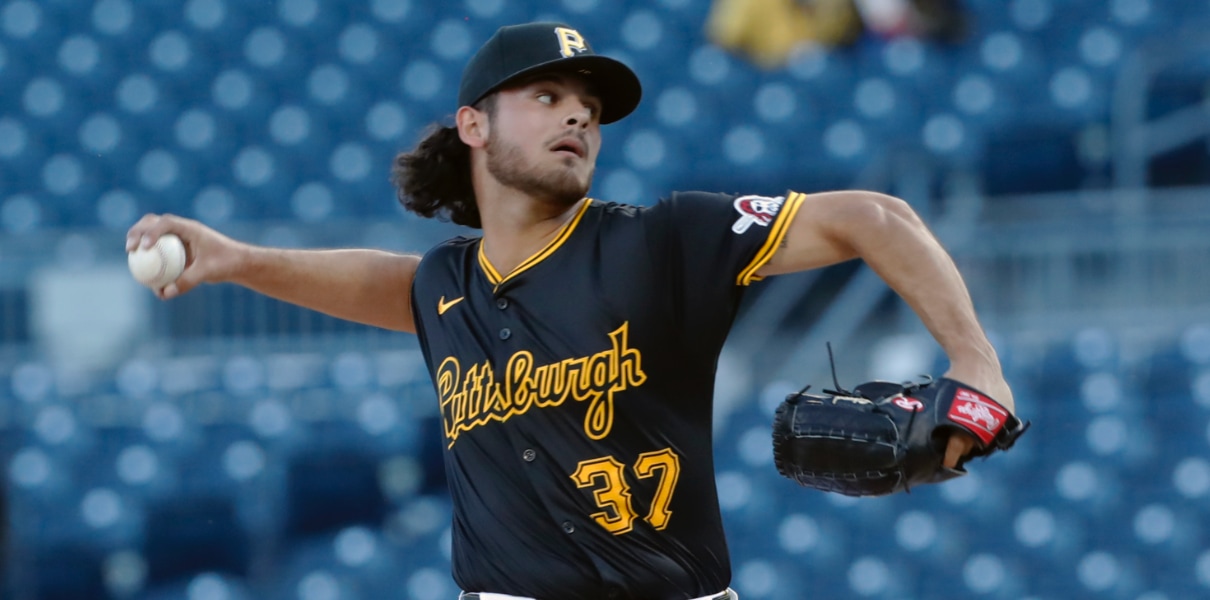If there is a baseball season this year, we know that it is going to come without fans for most or all of the season. I want to talk about what that looks like for Major League Baseball, financially, and why it is going to be difficult to pull it off. Not impossible. Just difficult.
Yes, you can stretch your optimism a little bit and hope that maybe very late in the year, after mass testing and tracing happens, and after an effective treatment is developed (a vaccine won’t happen this year, according to virtually all experts), you could see extremely reduced crowds permitted at stadiums (think 1/10th capacity and checkerboard seating for distance). But that sentence just had to do a whole lot of work to get to a very small crowd in the stadium for a few baseball games, and at that point, how much lost revenue are you really even offsetting? Against how much public health risk?
Thus, it’s better practice to simply presume, if there is baseball at all, it is going to be entirely for the TV cameras. That means TV revenue is essentially the only revenue generated by the games – no tickets, no concessions, no parking – and that means operations *may* be able to pick up only about half of the revenue they would have previously expected on a per-game basis. And since no team is generating profit at even close to a 50% clip, there’s going to be a serious hit somewhere if revenue dips 50% per game.
At that revenue level, the key – and ugly – question is: are games even worth it?
The precise amount of revenue generated from these TV-only games is going to be a really imprecise estimate right now, because we can’t know how individual local broadcast contracts will be impacted, specifically, and we don’t know whether there will be the ability to create extra adjacent content to make up for some of the lost games (either for local contracts or national contracts). It’s also very conceivable that extra games would be picked up for national use, which might generate additional revenue.
I’ve seen estimates that have TV-related revenues upwards of 60% of the average MLB team’s annual revenues, but that is not at all consistent among teams, and I’m also not convinced that, under a plan that was entirely centered in Arizona (for example), you wouldn’t see some per-game impact for those TV revenues that are tied to ad opportunities unique to the team’s city or stadium (i.e., even beyond stadium revenue we know teams would be losing, it’s possible they would also be losing some of their TV-related revenue by virtue of playing every game away from “home”).
So, then, it isn’t outrageous to suggest – for the purposes of conversation here – that the revenue value of a typical game could be cut in half when you make it a TV-only affair in Arizona.
OK, but if revenues are down by 50% per game, then you just say expenses are down 50% per game, and everything is hunky dory, right?
Eh. When it comes to team expenses you cannot automatically assume those are going to get halved on a per-game basis. Some of the expenses will be reduced only slightly because they exist regardless of the game setup. Some of the expenses would be wiped away entirely by the very different nature of operations. Some expenses might actually be brand new. And some expenses might even stay exactly the same because of existing contracts.
That last one – the biggest one by far – is going to be tied to player payroll expenses.
When it comes to player salaries, there was an interim agreement for this year between the owners and the players that, while players would receive service time and a lump payment up front, they would receive only prorated salaries for the games that are actually played (i.e., if only a quarter of a season were played, you’d get only a quarter of your annual salary). You can see the problem immediately: the agreement does not explicitly state what would happen to those player salaries if the season were shortened *AND* revenues dropped because of fan-less games. Indeed, the agreement is written in such a way to presume that fans *WILL* be at games (people were a bit more optimistic on that front back in March, and there wasn’t an appetite for a fight about hypotheticals at the time).
From the player perspective, at least according to Scott Boras, that means, regardless of the nature of the games, if you want players involved, you must pay them their prorated contract. Nothing less.
From the league’s perspective, they say that the interim agreement was made in contemplation of fan-attended games at home ballparks. That’s why this line was included about a separate negotiation, if necessary, where the two sides “will discuss in good faith the economic feasibility of playing games in the absence of spectators or at appropriate substitute neutral sites.”
In other words, the players may well be right, but the owners may respond that if you demand full prorated salaries, then we cannot make the math work to play these games at all. Thus, it’s either negotiate for yourselves to absorb some of the lost revenue, too, or we just shut down the year. I’m putting words in their mouths a bit, but I think we all know that’s how this thing would go.
And at that point, it’s up to the two sides to come up with a new interim deal that pays the players enough to be worth playing, while reducing team expenses enough to justify playing at all.

You’d like to believe it’s as simple as teams collectively laying out how much per-game revenue they’d lose – independent accountants and auditors and such – and then coming up with a relative portion of that to be shaved off of per-game player salaries. But, again, I think we all know it would not be that simple. What counts as revenue? What counts as an expense? How much should the owners be credited with saving if they hang onto fan ticket deposits (with interest) for lost games that can roll over to next year’s tickets (White Sox are already doing this)? What counts as a reasonable approach to shaving OTHER expenses first? What counts as a reasonable approach to adding extra revenue wherever possible?
Good luck with that negotiation.
One practical point I think those in power will make the players: even if the owners ate all of the loss this year, they are certain to pass that loss right back on to the players in the form of a totally dormant offseason of (non)-spending, and worse, when it comes time to negotiate the post-2021 CBA. Digging heels in on immediate-partial dollars now, if it yields a cancelled season and even greater losses for the owners, is going to give them enormous leverage in the CBA negotiation, and you can be sure the owners will take it … to the detriment of the sport in the long-term (another bad CBA for the players will only continue to downward spiral of relations and necessary progress).
As has increasingly become the case in all things player-owner negotiations over the four or so years: outsiders can see the perils of the sides being unreasonable (the players hurt themselves in negotiations, the owners hurt the sport long-term), and yet they just keep on being unreasonable. And this, all at a time when the possible loss of a minor league season and the shrinking of the draft will dramatically diminish the talent pool percolating up to the Major Leagues. If ever there was a time that a sport needed eye-popping levels of thoughtfulness and reason and fairness on both sides, that time is now. Recent history, unfortunately, does not provide reason for optimism.
Another layer to contemplate here as we think about who bears the burden of economic loss at a time like this? Players are not the only employees of MLB organizations. Just like folks in every other industry deeply impacted by the pandemic right now, pay cuts, pay deferrals, furloughs, and layoffs are pervasive.
Reportedly, MLB organizations are going to get the green light from the Commissioner’s Office to move toward those kinds of financial maneuverings for non-player employees as soon as May 1. That means, for the organizations that operate like businesses (and, let’s be grown ups: they all do), coaches, front office employees, ballpark staff, and so on and on will next feel the impact of projected revenue losses. Unfortunately for them, they do not have the power of the players union behind them in order to hold out for a larger relative chunk of whatever revenue can be generated this year. The players unquestionably matter a great deal, but aren’t we also concerned about the pay level and safety for the other organizational employees that would be necessary to make the season happen? Why should they face pay cuts when the players do not?
But, hey, while we’re all-sides’ing-this thing: why should owners not absorb some extra chunk of the losses, too, without expecting they can avoid it all by reducing expenses? Sometimes businesses lose money for a year. Heck, for the owners and organizations who can reasonably absorb the losses, I might be inclined to argue there’s a moral imperative to take on MORE of the loss than what you’re asking employees to bear. These are extraordinary times – maybe those with means should be expected to do extraordinary things.
Further, I could actually spin up an argument that it’s *good business* for most or all of the baseball ownership groups to eat most of the losses associated with whatever happens this year, because doing so will mean the organization is in the best possible shape to succeed after this pandemic is passed. That means a better overall quality of baseball product for fans, which means better overall revenue streams for the industry as a whole. There’s a lot of risk for penny wise, pound foolish thinking right now.
Absent the owners deciding – whether by moral imperative or mere long-term good business thinking – to eat more than their share of the loss, fans are left with only a few hopes for a season to actually play out in empty stadiums: (1) the players and owners agree on a new interim deal, whereby the players would get smaller prorated salaries to account for the loss of revenue; and/or (2) so many RSN/national TV contracts absolutely require X volume of games to be played that it would be too catastrophic for the majority of teams NOT to put on some games regardless of the crowd and regardless of the actual revenue they generate; and/or (3) there is some kind of federal or state/local incentive package created to get the games played for the good of the nation and the economy (or some such thing).



























